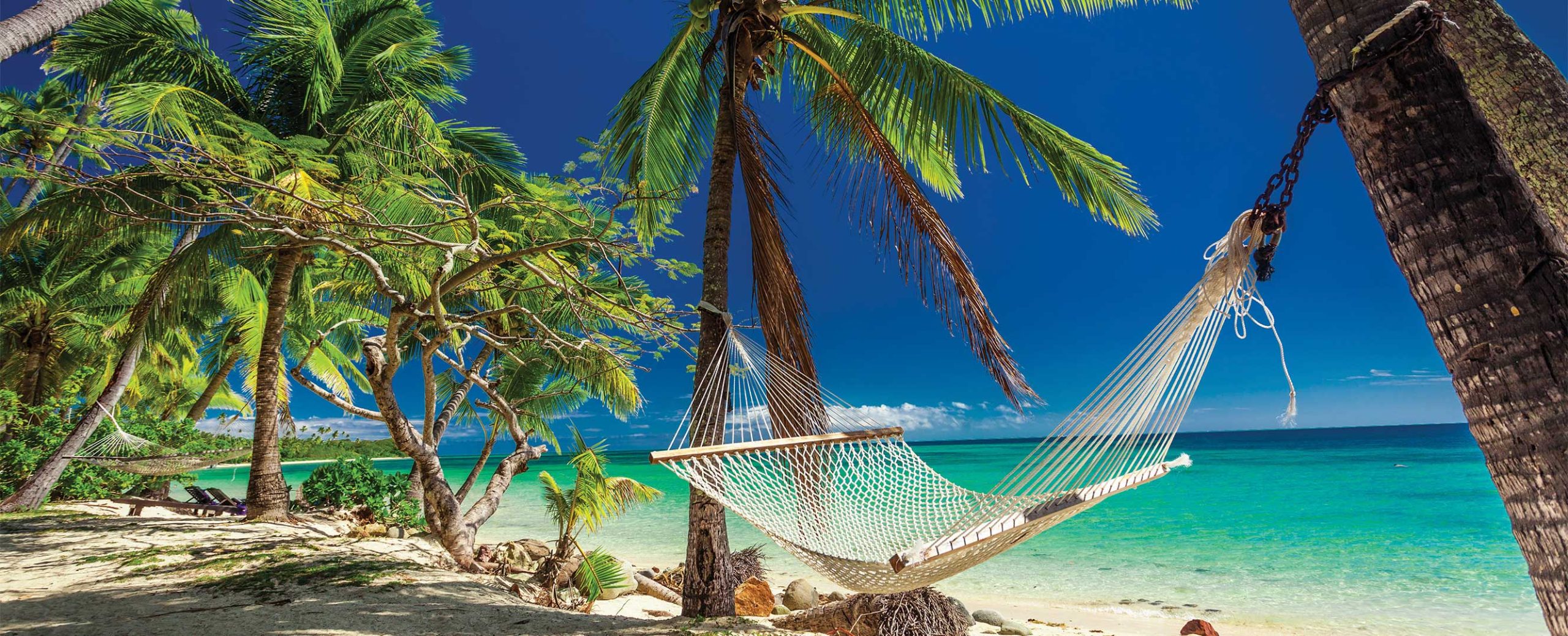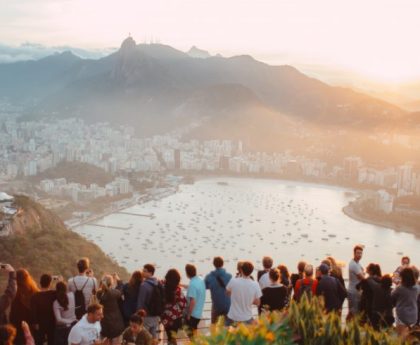-
Table of Contents
Balancing benefits and challenges: The impact of tourism on local communities.
Tourism plays a significant role in shaping local communities worldwide. It brings numerous benefits such as economic growth, job creation, and cultural exchange. However, it also poses challenges that can impact the social, cultural, and environmental fabric of these communities. Achieving a balance between the benefits and challenges of tourism is crucial to ensure sustainable development and the well-being of local residents. This article explores the impact of tourism on local communities, highlighting both the positive and negative aspects, and emphasizes the importance of finding a harmonious equilibrium for the long-term benefit of all stakeholders involved.
Economic Benefits of Tourism on Local Communities
Tourism has become a major industry worldwide, with millions of people traveling to different destinations each year. While it brings economic benefits to local communities, it also presents challenges that need to be addressed. In this section, we will explore the economic benefits of tourism on local communities and how they can be balanced with the challenges they bring.
One of the most significant economic benefits of tourism is the creation of jobs. When tourists visit a destination, they require various services such as accommodation, transportation, and food. This creates employment opportunities for local residents, reducing unemployment rates and improving the overall economic well-being of the community. Additionally, tourism can stimulate the growth of small businesses, as tourists often seek unique experiences and products that are not readily available in their home countries.
Another economic benefit of tourism is the generation of revenue through taxes and fees. Tourists contribute to the local economy by paying taxes on accommodations, transportation, and purchases. These funds can be used to improve infrastructure, public services, and amenities, benefiting both residents and visitors alike. Moreover, tourism can attract foreign investment, as entrepreneurs recognize the potential for profit in areas with a thriving tourism industry.
Furthermore, tourism can lead to the diversification of the local economy. Many communities heavily rely on a single industry, such as agriculture or manufacturing, which can be vulnerable to economic downturns. By developing a tourism sector, communities can reduce their dependence on a single industry and create a more resilient economy. This diversification can also lead to the preservation of cultural heritage and traditions, as communities recognize the value of their unique identity in attracting tourists.
However, along with these economic benefits, tourism also presents challenges that need to be carefully managed. One of the main challenges is the potential for environmental degradation. Increased tourism can put pressure on natural resources, leading to pollution, deforestation, and habitat destruction. It is crucial for local communities to implement sustainable practices and regulations to minimize the negative impact on the environment.
Another challenge is the potential for social and cultural disruption. As tourism grows, local communities may face issues such as overcrowding, increased cost of living, and loss of traditional values. It is essential for communities to strike a balance between catering to tourists’ needs and preserving their own way of life. This can be achieved through community involvement in tourism planning and decision-making processes.
In conclusion, tourism brings significant economic benefits to local communities. It creates jobs, generates revenue, and diversifies the economy. However, it also presents challenges that need to be addressed, such as environmental degradation and social disruption. By implementing sustainable practices and involving the community in tourism planning, local communities can maximize the benefits of tourism while minimizing its negative impact. It is crucial to strike a balance between economic growth and the preservation of local culture and environment.
Social and Cultural Impacts of Tourism on Local Communities
The social and cultural impacts of tourism on local communities are significant and can have both positive and negative effects. On one hand, tourism can bring economic benefits and opportunities for cultural exchange. On the other hand, it can also lead to the erosion of local traditions and the commodification of culture. Finding a balance between these benefits and challenges is crucial for sustainable tourism development.
One of the positive social impacts of tourism is the economic benefits it brings to local communities. Tourism can create jobs and generate income, providing opportunities for local residents to improve their standard of living. This can lead to a reduction in poverty and an increase in social mobility. Additionally, tourism can stimulate the growth of small businesses, such as restaurants, souvenir shops, and tour operators, which can further contribute to the local economy.
Furthermore, tourism can foster cultural exchange and understanding between tourists and local communities. Visitors have the opportunity to learn about different cultures, traditions, and ways of life, while locals can share their knowledge and experiences. This cultural exchange can promote tolerance, respect, and appreciation for diversity, ultimately leading to a more inclusive and interconnected world.
However, tourism also poses challenges to local communities, particularly in terms of cultural impacts. One of the main concerns is the commodification of culture. In order to cater to tourists’ expectations, local traditions and customs may be modified or even fabricated, leading to the loss of authenticity. This can result in a loss of identity and a sense of disconnection from their own cultural heritage for local communities.
Moreover, the influx of tourists can put pressure on local resources and infrastructure. Popular tourist destinations may become overcrowded, leading to increased pollution, traffic congestion, and strain on public services. This can negatively impact the quality of life for local residents, who may feel marginalized or excluded from the benefits of tourism.
To address these challenges, it is important to implement sustainable tourism practices that prioritize the well-being of local communities. This includes involving local residents in decision-making processes and ensuring that they have a say in how tourism is developed in their area. Additionally, promoting responsible tourism behavior among visitors, such as respecting local customs and traditions, can help mitigate the negative social and cultural impacts of tourism.
Furthermore, diversifying the tourism product can help reduce the reliance on mass tourism and its associated negative impacts. Encouraging niche tourism, such as ecotourism or cultural tourism, can attract a different type of visitor who is more interested in authentic experiences and who is willing to contribute to the local economy in a sustainable way.
In conclusion, the social and cultural impacts of tourism on local communities are complex and multifaceted. While tourism can bring economic benefits and opportunities for cultural exchange, it can also lead to the erosion of local traditions and the commodification of culture. Finding a balance between these benefits and challenges is crucial for sustainable tourism development. By involving local communities in decision-making processes, promoting responsible tourism behavior, and diversifying the tourism product, it is possible to mitigate the negative impacts and ensure that tourism benefits both visitors and locals alike.
Environmental Effects of Tourism on Local Communities
The environmental effects of tourism on local communities are a topic of great concern and debate. While tourism can bring numerous benefits to a destination, it also has the potential to cause significant harm to the environment. It is crucial to strike a balance between reaping the economic benefits of tourism and preserving the natural resources that make a place attractive to visitors.
One of the most apparent environmental impacts of tourism is the strain it puts on natural resources. Increased tourist arrivals often lead to a higher demand for water, energy, and land. Local communities may struggle to meet these demands, resulting in overuse and depletion of resources. For example, in popular beach destinations, the excessive use of water for hotels, swimming pools, and golf courses can deplete local water supplies, leading to water scarcity for both residents and wildlife.
Another significant concern is the pollution caused by tourism activities. The transportation sector, including airplanes, cruise ships, and cars, contributes to air pollution through the emission of greenhouse gases and other pollutants. Additionally, the improper disposal of waste by tourists and businesses can lead to water and soil pollution. Plastic waste, in particular, poses a severe threat to marine life and ecosystems. Local communities must invest in waste management systems and educate both tourists and residents about the importance of responsible waste disposal.
The construction of tourism infrastructure can also have detrimental effects on the environment. The development of hotels, resorts, and other facilities often requires the clearing of natural habitats, leading to habitat loss and fragmentation. This can disrupt local ecosystems and threaten the survival of plant and animal species. It is essential for local communities to carefully plan and regulate tourism development to minimize its impact on the environment.
Furthermore, the influx of tourists can disturb the delicate balance of ecosystems. Activities such as hiking, wildlife viewing, and snorkeling can disrupt natural habitats and stress wildlife. For instance, excessive noise and human presence can disturb nesting birds or scare away marine animals. Local communities must establish guidelines and regulations to ensure that tourism activities do not harm the natural environment and its inhabitants.
Despite these challenges, tourism can also have positive environmental impacts on local communities. Sustainable tourism practices, such as eco-tourism and nature-based tourism, can promote conservation and preservation of natural resources. By engaging tourists in educational activities and promoting responsible behavior, local communities can raise awareness about environmental issues and foster a sense of stewardship among visitors.
Moreover, tourism can provide economic incentives for the conservation of natural areas. Protected areas and national parks often rely on tourism revenue to fund conservation efforts and maintain infrastructure. By demonstrating the economic value of preserving the environment, tourism can encourage local communities to protect and manage their natural resources sustainably.
In conclusion, the environmental effects of tourism on local communities are a complex issue that requires careful consideration. While tourism can bring economic benefits, it also poses significant challenges to the environment. Local communities must strive to strike a balance between reaping the benefits of tourism and preserving the natural resources that make their destinations attractive. By implementing sustainable practices, educating tourists, and regulating tourism activities, local communities can minimize the negative environmental impacts of tourism and create a more sustainable future.In conclusion, the impact of tourism on local communities is a complex issue that involves both benefits and challenges. While tourism can bring economic growth, job opportunities, and cultural exchange, it can also lead to environmental degradation, cultural commodification, and social disruption. Therefore, it is crucial to strike a balance between maximizing the benefits of tourism and mitigating its negative impacts to ensure sustainable development and the well-being of local communities.





